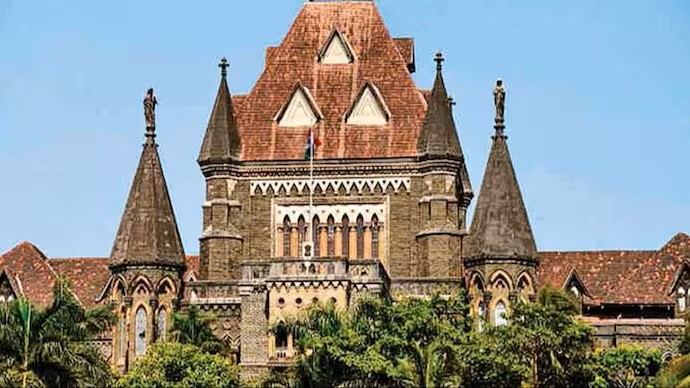Mumbai, Aug 28: The Bombay High Court, during a hearing on Tuesday, emphasized the need for educating boys on gender sensitivity in light of a suo motu PIL concerning the alleged sexual assault of two minor kindergarten girls at a school in Badlapur, Thane. The court stressed the importance of teaching boys the difference between right and wrong, particularly in their treatment and respect towards women, reports Live Law.
A division bench comprising Justice Revati Mohite Dere and Justice Prithviraj Chavan urged the State of Maharashtra, represented by Advocate General Birendra Saraf, to establish a committee. This committee, they suggested, should include individuals capable of recommending strategies to prevent such incidents in schools and other institutions. The judges emphasized that the committee’s focus should extend beyond victim support to include the proactive education of boys on respecting women and gender equality from a young age.
Justice Mohite Dere remarked that while society often discusses the victims, there is insufficient emphasis on instructing boys about what is acceptable behavior and what is not. She advocated for the inclusion of gender sensitisation in the education curriculum, suggesting that the Education Department needs to take a more active role in instilling these values in young boys.
Justice Chavan echoed these sentiments, noting that until children are taught about equality at home, societal changes would be minimal. He criticized the persistence of male dominance and chauvinism, underscoring the necessity of teaching gender equality from a young age. He also questioned why cultural norms, such as imposing restrictions on girls to come back home by 7 pm, are not equally applied to boys.
During the proceedings, Saraf informed the bench that a committee had already been constituted, including members from NGOs, the Commissioner of Schools, the Education Commissioner, and representatives from the Women and Child Department. However, Justice Mohite Dere pointed out that the government resolution (GR) issued on August 23 primarily focused on girls, whereas the court is concerned about all children, as the Protection of Children from Sexual Offences (POCSO) Act applies to both boys and girls.
The court suggested forming a more comprehensive committee comprising a retired judge, a retired IPS officer, a former educator, and representatives from Child Welfare Committees (CWC) and Parent-Teacher Associations (PTAs). This diverse group could provide well-rounded recommendations to curb such acts in educational institutions.
The hearing also addressed serious lapses in the initial police investigation. The Badlapur Police were criticized for attempting to record the victim girls’ statements at the police station, which is against legal mandates. Saraf informed the court that three officers had been suspended following these lapses.
The court raised concerns about the accused’s background, questioning the school’s failure to conduct a proper background check. Justice Mohite Dere emphasized that such checks are required under the POCSO Act and questioned why they were not carried out.
In addition to these issues, the bench highlighted the role of the media in covering sensitive cases like this. Justice Chavan expressed dissatisfaction with how certain media channels had handled the coverage, reminding them of their responsibilities under sections 20 and 23 of the POCSO Act, which prohibit the disclosure of the victim’s identity. The court warned that it would not hesitate to initiate suo motu contempt proceedings against any media houses that violate these provisions.
The High Court has scheduled the next hearing for September 3, asking Saraf to submit names for the proposed committee and stressing the need for better implementation and public awareness of the laws designed to protect children.




